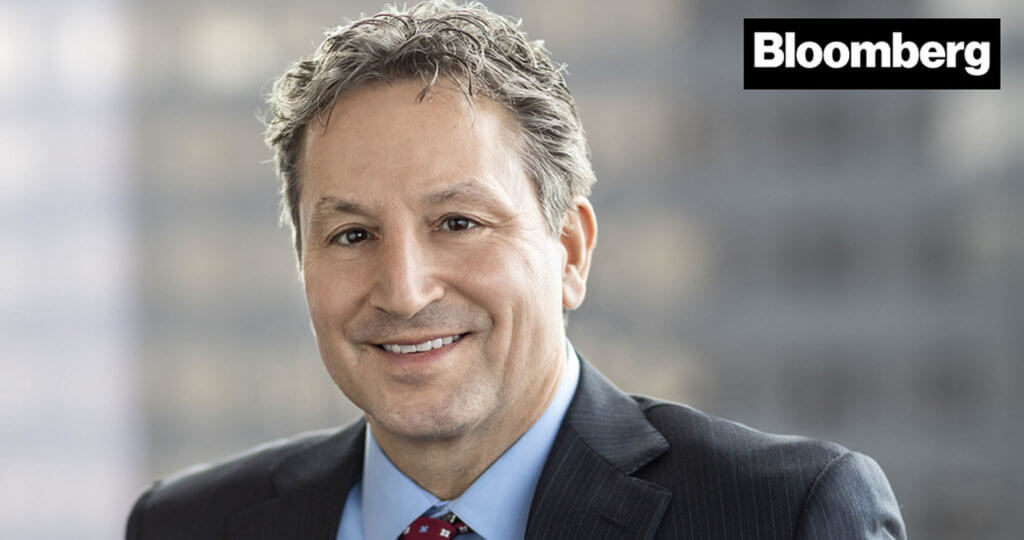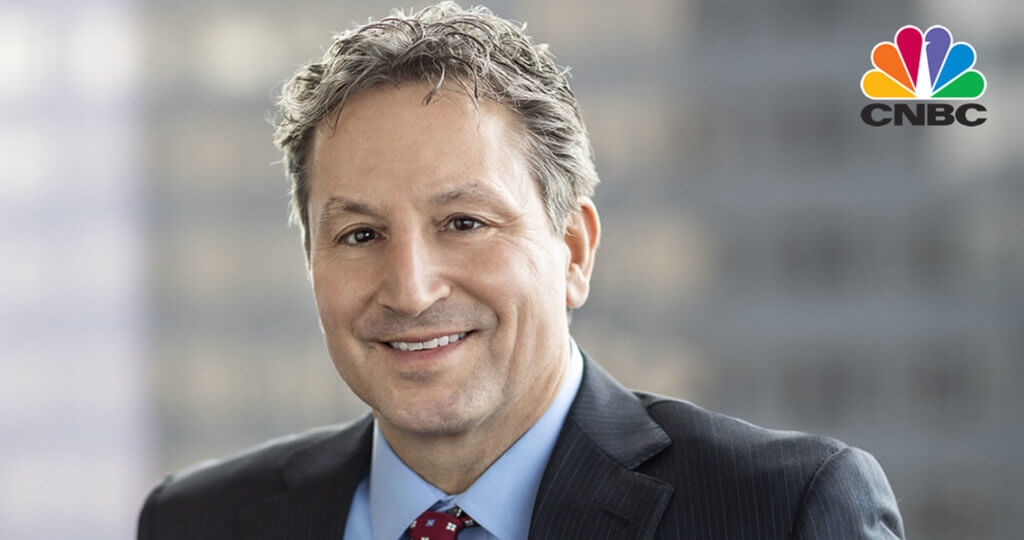Fellow Shareholders,
Last year was an eventful year in global equity markets. Both the Oakmark International and Oakmark International Small Cap Funds lost money in 2014. For further details, please see individual Fund reports.
Factors Affecting Performance
The largest factor affecting the Funds’ returns has been currency movement, as the U.S. dollar has strongly appreciated. In fact, by the end of 2014, the value of the U.S. dollar increased over 9% compared to the Australian dollar, close to 14% compared to the euro, and 14% versus the yen. The immediate impact of a strong U.S. dollar on foreign share prices is lower U.S. dollar returns of share assets, as the currency declines are absorbed. However, over the medium-term, the weak currency effect should begin to positively impact the earnings results of most foreign-based multinationals, producing a positive impact on foreign share prices.
The other big factor impacting the Funds, along with global financial markets in general, has been the plummeting price of oil. The prices of two widely followed grades of oil, Brent and WTI, fell around 50% in 2014. This immediate price shock appears to have generated volatile and, to some degree, negative equity markets. However, over the medium-term, we think this change should be a measureable positive for global economic growth and corporate earnings in general. Of course, energy companies and countries that depend on oil exports will suffer, but users of transportation fuels, petrochemicals, plastics, fertilizers and so forth should benefit greatly.
Other factors have also affected the performance of the Oakmark International and Oakmark International Small Cap Funds. Specifically, our holdings are heavily exposed in Europe and have been impacted by various conditions there, including the plunging value of the Russian ruble, the conflict between Russia and Ukraine, and continued issues regarding the strength of the European Union and the European economy. In addition, we saw strong regulatory actions against two of our large holdings, Credit Suisse and BNP Paribas. Tesco (which we sold) and Fugro both experienced company-specific issues which resulted in a less-than-stellar year for both Funds.
Traveler’s Log: Hong Kong/China
In December, senior analyst Eric Liu and I took another trip to the China region. During this trip, common themes emerged from conversations we had with numerous business people in the region. The first theme is that major changes are happening: crackdowns on corruption, liberalization of markets and reform of state-owned enterprises (SOEs). We believe these changes should eventually be positive for the Chinese economy and the region. Historically, when there has been a change of leadership in China, as we are experiencing now, the new leader exercises a purge. Many political analysts believe, however, that President Xi Jinping’s actions are deeper than a simple power play and that his crackdown seeks to stop or slow the corruption leakage which has hurt the country, as numerous resources have been allocated to a few. It is interesting to note that one of Mr. Xi’s most prominent targets, Zhou Yongkang, is alleged to have stolen close to $15 billion!
Many of the business people we spoke with believe that Mr. Yongkang’s arrest marks the approaching end of the purge campaign and that Mr. Xi will institute a reform agenda that will deregulate key areas of the economy, such as energy and financial services, while reining in the power of the SOEs. His collaborator in this whole process, Wang Qishan, appears to be authorized literally with creative destructionism, according to a recent piece in The Wall Street Journal. It appears that ultimately, Mr. Xi’s objective is to transform the economy from one that is policy/investment-oriented to one that is consumer/demand-driven.
We have heard this before and, in the last 10 years, have seen little change. Today, most “China watchers” agree that Mr. Xi seems very serious about economic change. If he succeeds, the result should be characterized by an economy that is more open, efficient and consumption-led. Though this change may lead to lower growth rates, those lower rates may signify more sustainable growth.
Clearly, the slowdown in China has had a major, negative impact on short-term global growth. But ultimately, steps taken today may very well lead to better years ahead for both China and global earnings growth.
As far as investment implications, we believe these changes should all be quite positive. Of course, the adjustment will take time, and the uncertainty surrounding this adjustment may result in cautious behavior by some economic participants, which may negatively impact current conditions, as we are witnessing today. Once there is more clarity and a belief that the anticorruption crackdown is winding down, we should see increased confidence, consumption and growth. Furthermore, given today’s market conditions, where participants extrapolate today’s weakness to perpetuity, prices of businesses exposed to the Chinese consumer are quite weak. We think this presents us with great opportunity and bodes quite well for our portfolios, as we have measurable exposure to the Chinese consumer.
Risks in China
There are, however, two major risks to the rosy scenario above. One is that the shadow banking system prevalent within China has destroyed more wealth and savings than currently believed. The Chinese savings rate is around 30%, and the amount of savings exposed to the shadow banking system is unknown.
The second risk is the potential for the government to “micro-manage” which consumption is good and which is bad. For example, perhaps good consumption would include buying Volvos, flying Air China and buying Chinese diapers, whereas bad consumption would include buying a Louis Vuitton handbag or a BMW. Though this outcome is possible, we believe that it is not probable. Not only would this type of eco-nationalism hurt China’s international standing, but it may also upset a lot of Chinese consumers, who like everyone else, crave choice.
Confidence in 2015
Every year presents a unique set of challenges and opportunities. Still to be determined is if Japan and the large European economies that require structural reform, such as France and Italy, will actually proceed with such reform.
Despite 2014 being an “off year,” we remain confident going into 2015. We think company valuations are still compelling; genuine reform in two of the larger emerging market economies, China and India, should help to rekindle the global economy; and the stronger U.S. dollar should help generate positive earnings in most foreign companies.
Here’s to a healthy and prosperous 2015!
Past performance is no guarantee of future results. The performance data quoted represents past performance. Current performance may be lower or higher than the performance data quoted. The investment return and principal value vary so that an investor’s shares when redeemed may be worth more or less than the original cost. The performance of the Oakmark International Small Cap Fund does not reflect the 2% redemption fee imposed on shares redeemed within 90 days of purchase. To obtain the most recent month-end performance data, view it here.
As of 12/31/14, Credit Suisse Group represented 5.1% and 0%, BNP Paribas 3.8% and 0%, Tesco 0% and 0%, and Fugro 0% and 0.9% of the Oakmark International Fund and the Oakmark International Small Cap Fund’s respective total net assets. Portfolio holdings are subject to change without notice and are not intended as recommendations of individual stocks.
Click here to access the full list of holdings for The Oakmark International Fund as of the most recent quarter-end.
Click here to access the full list of holdings for The Oakmark International Small Cap Fund as of the most recent quarter-end.
Investing in foreign securities presents risks that in some ways may be greater than U.S. investments. Those risks include: currency fluctuation; different regulation, accounting standards, trading practices and levels of available information; generally higher transaction costs; and political risks.
The stocks of smaller companies often involve more risk than the stocks of larger companies. Stocks of small companies tend to be more volatile and have a smaller public market than stocks of larger companies. Small companies may have a shorter history of operations than larger companies, may not have as great an ability to raise additional capital and may have a less diversified product line, making them more susceptible to market pressure.
The Oakmark International Fund’s portfolio tends to be invested in a relatively small number of stocks. As a result, the appreciation or depreciation of any one security held by the Fund will have a greater impact on the Fund’s net asset value than it would if the Fund invested in a larger number of securities. Although that strategy has the potential to generate attractive returns over time, it also increases the Fund’s volatility.
The discussion of the Funds’ investments and investment strategy (including current investment themes, the portfolio managers’ research and investment process, and portfolio characteristics) represents the Funds’ investments and the views of the portfolio managers and Harris Associates L.P., the Funds’ investment adviser, at the time of this letter, and are subject to change without notice.





